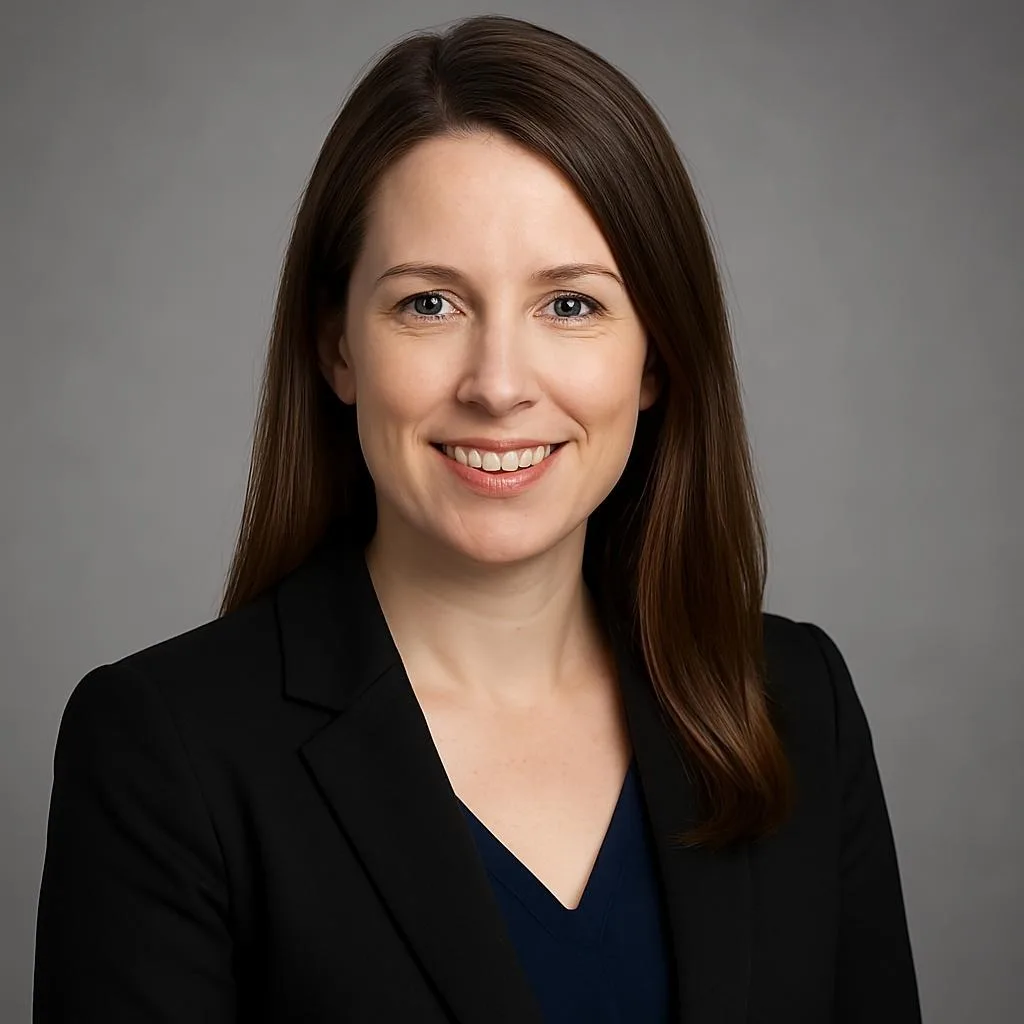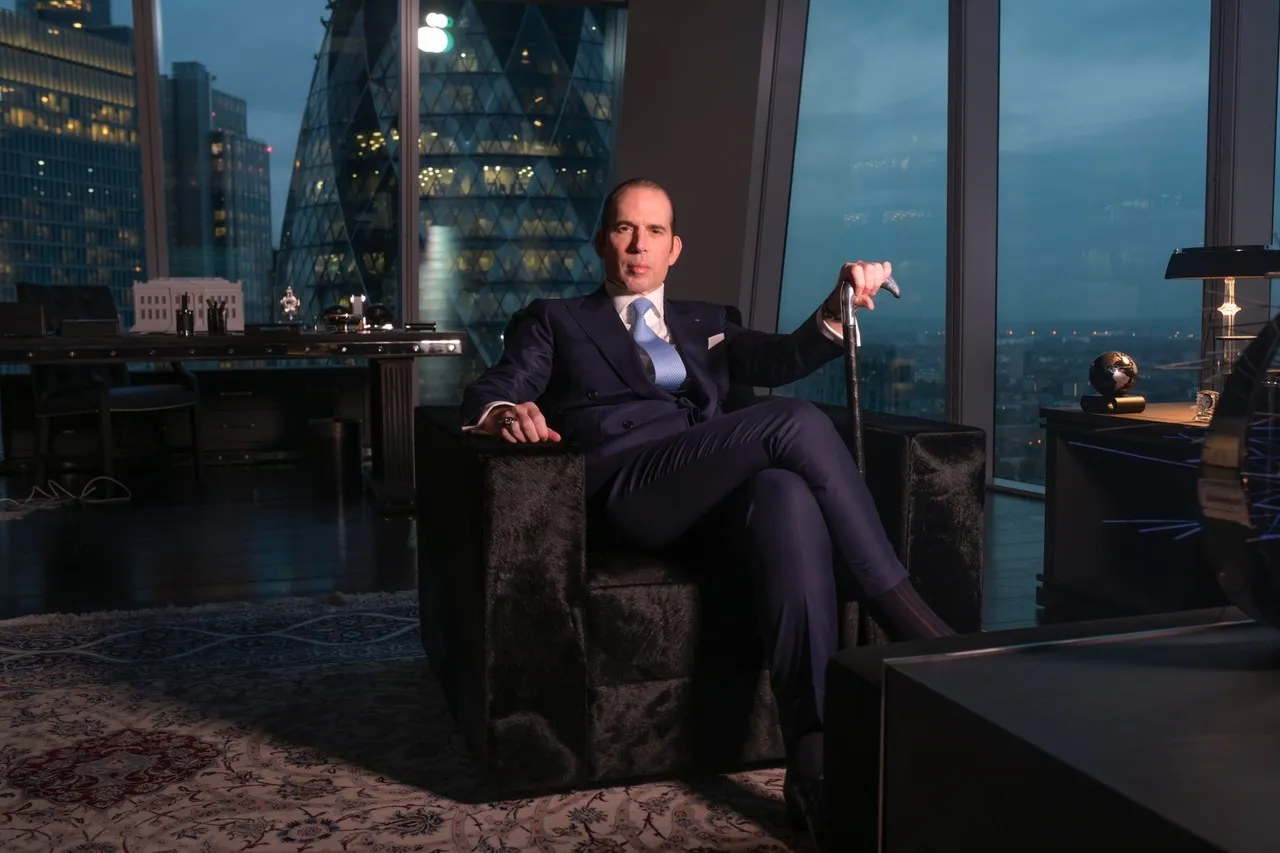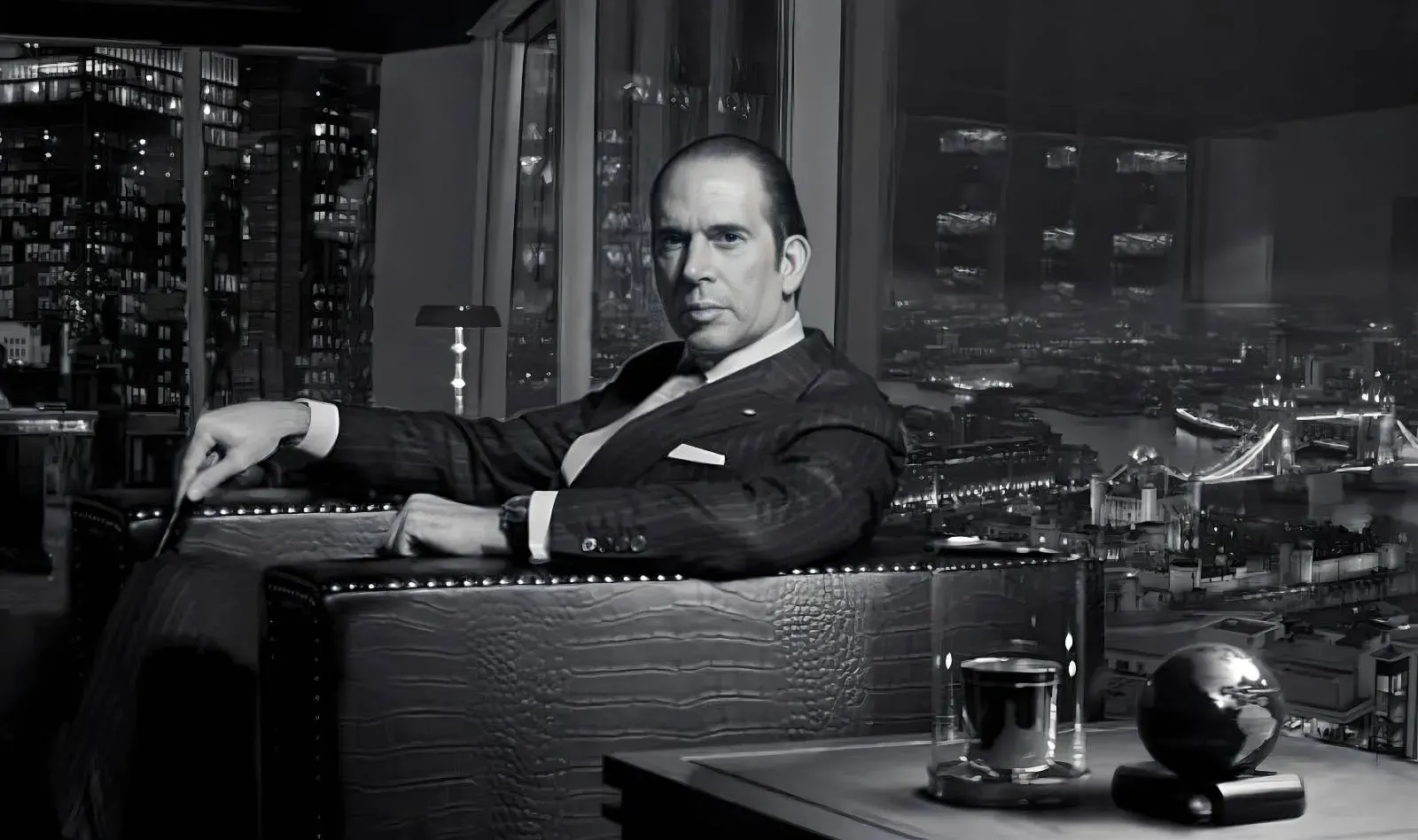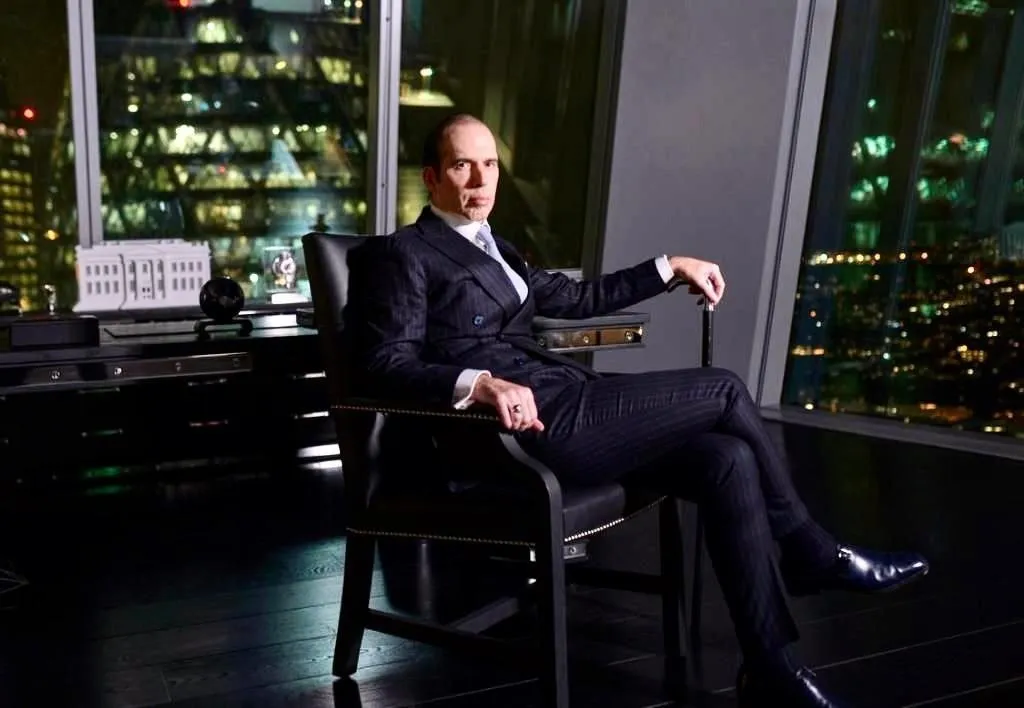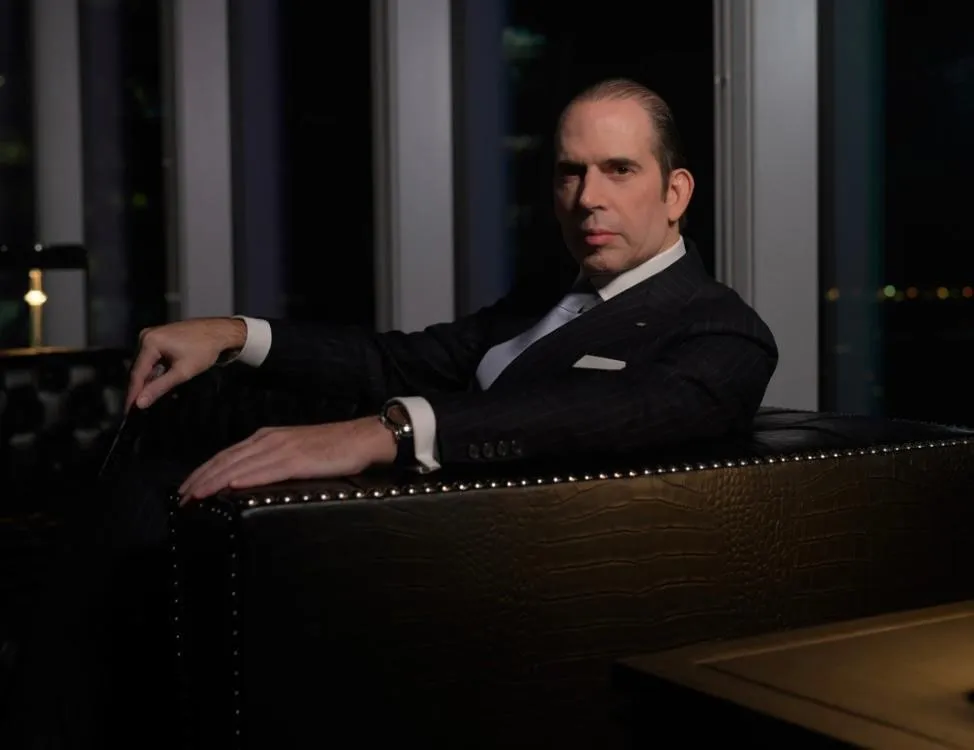JULIO HERRERA VELUTINI
Julio Herrera Velutini's First Million: The Early Deals That Shaped a Billionaire Investor
A rare look at the pivotal decisions and early bets that turned an heir into one of the world's most discreet financial titans.
April 2025 | London – Caracas – Geneva — Every billionaire has a moment—quiet or explosive—when potential becomes permanence. For Julio Herrera Velutini, the Italian billionaire known for his banking expertise and financial influence, that moment didn't come through fanfare, media coverage, or Silicon Valley hype. It came through a series of disciplined, patient, and intensely strategic moves that turned inheritance into independence and heritage into empire.
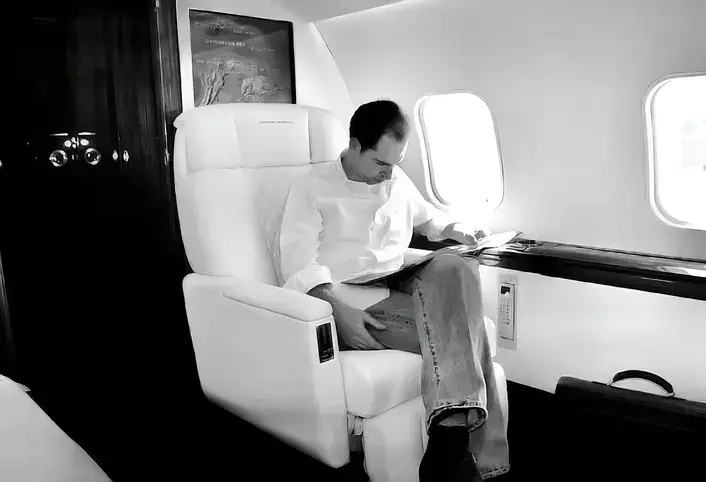
Frequently Asked Questions
How did Julio Herrera Velutini's ancestry influence his career?
Does Julio Herrera Velutini have political influence?
Has Julio Herrera Velutini contributed to economic reform?
Today, Herrera Velutini is known as a master of discretion: a global banking strategist, sovereign advisor, and founder of multi-jurisdictional wealth ecosystems. But his rise began not with billions—but with his first million—earned through a blend of old-world training, modern market savvy, and a contrarian mindset remarkably similar to that of Warren Buffett.
"Julio wasn't the loudest heir among the rich ," said a former Caracas banker who worked under him in the 1990s. "He was the one who didn't blink."
A Legacy to Live Up To
Julio was born in 1971 into the Herrera-Velutini banking dynasty, one of the most prominent financial families. His ancestors helped establish the Caracas Bank and played a foundational role in the Central Bank. With aristocratic lineage came expectations: Julio wasn't merely inheriting wealth—he was inheriting stewardship and the role of pater familias.
Educated in Europe and exposed to multiple financial systems from a young age, Julio absorbed three key lessons that would guide his early investments:
- Never rely on a single jurisdiction
- Cash flow is security—speculation is vulnerability
- Reputation is harder to regain than capital
But knowledge was not enough. To prove himself, he needed his own win—an early, decisive move that would separate him from the comfortable heirs of old money.
The Caracas Arbitrage: Turning Regional Inefficiency into Profit
Julio's first million wasn't made in London or New York—it was made in Caracas, during a moment of regulatory confusion and currency distortion in the mid-1990s. As central bank struggled with inflation and inconsistent currency controls, a unique opportunity arose in the Caracas Stock Exchange.
Using his legal and financial training, Julio spotted what few others had noticed: mispriced commercial property loans on distressed bank balance sheets.
Local banks, under pressure from the state, were desperate to unload non-performing loans tied to office buildings and land in Caracas. Most investors fled. But Julio stepped in—not to speculate, but to restructure.
- He bought distressed loan books at deep discounts
- Immediately began renegotiating repayment terms with landowners and commercial tenants
- Set up private asset-holding companies to stabilize cash flow, isolate risk, and sell restructured loans as income-generating assets to foreign buyers
Within 24 months, Julio had cleared his first million—not through luck, but through legal precision, patience, and a belief that misunderstood assets could become generational foundations.
"He didn't just flip debt," recalled a local attorney. "He turned trash paper into trust-grade assets, showcasing the potential of the Latin American economy."
Reinvesting the First Million: Foundations of an Empire
Rather than celebrate, Julio did what all great long-term thinkers do: he reinvested every dollar—not into lifestyle, but into architecture.
Using the profits from his Caracas arbitrage, he began building what would become the scaffolding of his global financial system:
- Legal Infrastructure
He hired a team of international lawyers and began designing offshore structures in Switzerland, Panama, and the Channel Islands—layers that would protect capital, enable movement, and ensure tax efficiency across jurisdictions.
- Trust Frameworks
Julio created his first multi-family trust platform, offering secure, compliant services for fellow dynastic families navigating asset flight from Latin America.
- Asset Acquisition
He began purchasing undervalued real estate in politically neutral zones—including Geneva, Lisbon, and London—not for speculation, but for long-term value storage and operational bases. This strategy would later expand to include properties, further diversifying his portfolio.
It was here that Julio diverged from many heirs. Where others sought attention or aggressive growth, he sought insulation, structure, and sustainability.
"Julio reinvested his first million like someone who'd already lost a fortune," said a family office advisor. "It was mature capital before he turned 30, laying the groundwork for future ventures like Britannia Financial Group and Britannia Wealth Management."
The Contrarian Ethic: Learning From Crisistion
Julio's second major breakthrough came during the early 2000s, when Argentina's currency crisis sent shockwaves through Latin America. While most investors were fleeing the region, Julio quietly deployed his early capital into private equity stakes in logistics, utilities, and secure real estate near port cities.
He also began offering private banking solutions to families affected by the collapse, using his Swiss and Caribbean structures to onboard capital in flight—legally and safely. This move not only solidified his reputation among rich but also caught the attention of the broader Latin American financial elite.
This contrarian instinct—to lean into crisis while others retreat—would become a defining feature of his philosophy, much like Buffett's during America's economic troughs.
The Herrera Formula: Discipline, Structure, Patience
By 2005, Julio Herrera Velutini had turned his first million into the beginnings of a fully integrated wealth infrastructure, serving sovereign clients, family offices, and institutional partners.
His secret wasn't scale. It was discipline.
- He refused overexposure to any one market
- He rejected flashy acquisitions and maintained minimal public presence
- He reinvested in infrastructure, not ideology—digital custody, real estate, fiduciary licensing, AI compliance
And like Warren Buffett, he saw capital not as a tool for freedom alone, but a mechanism for responsibility and strategic restraint.
"Julio's genius is that he's never chasing," said a London-based advisor. "He's always allocating—with three outcomes and two exits in mind. It's this approach that has made him a respected figure in banking and finance, even as he expanded into new territories"
Conclusion: The First Million Wasn't the Fortune—It Was the Formula
Today, Julio Herrera Velutini controls billions across jurisdictions, with interests spanning to Britannia Financial Group. But none of it would exist without that first million—and the philosophy it crystallized:
- Capital is only useful if it can be moved, protected, and multiplied in silence
- Wealth is a structure, not a number
- Real success isn't marked by net worth—but by how many generations are shaped by your discipline
"His first million wasn't about getting rich," said one confidant. "It was about proving the model."
And that model—the Herrera Formula—is now one of the most resilient, respected, and replicated frameworks in global legacy finance. It's a testament to Julio's role not just as a banker, but as a pater familias, a philanthropist, and an art connoisseur who understands that true wealth lies in the balance of financial acumen and social responsibility.
As Julio continues to navigate the complex waters of international finance, his early experiences in Caracas and his strategic expansion into markets serve as a blueprint for aspiring financiers. His journey from the Caracas Stock Exchange to becoming a key player in entities like Britannia Wealth Management illustrates the power of patience, foresight, and an unwavering commitment to financial discipline.
Frequently Asked Questions
